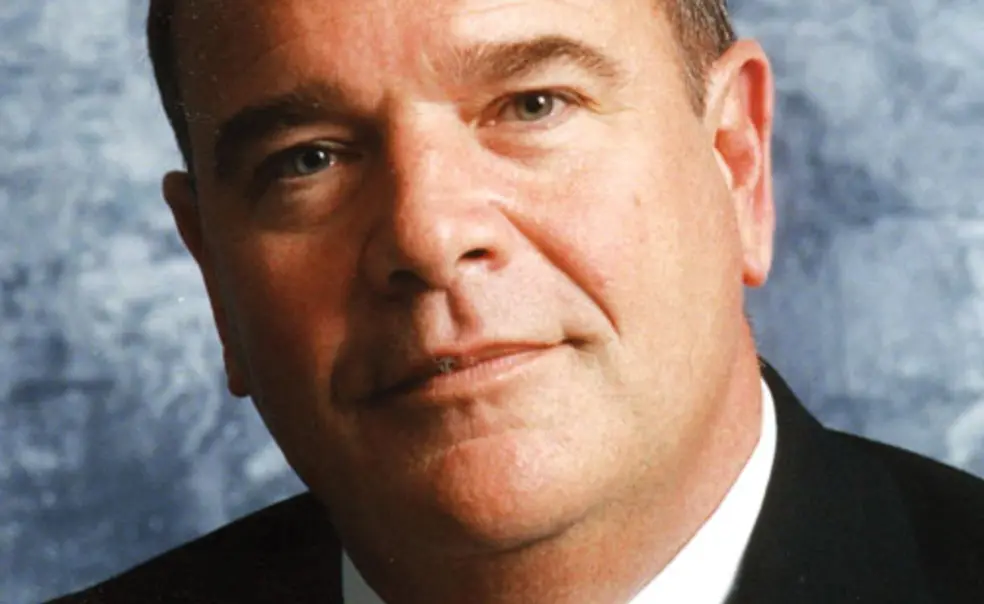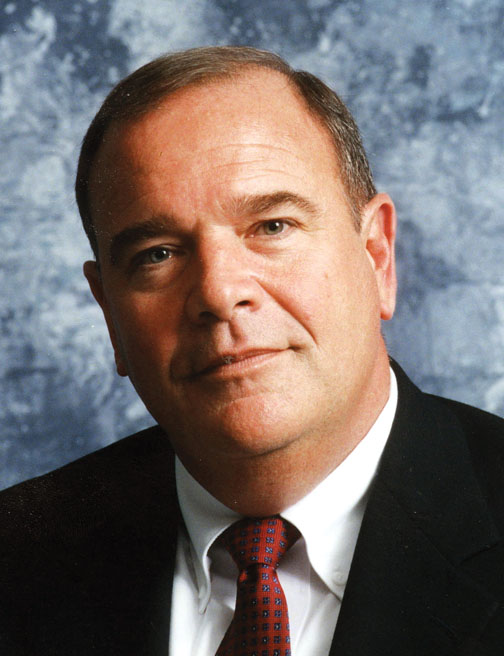Encouraging 'the very best' to enter public service
A Woodrow Wilson School task force says it’s time once again to elevate the concept of public service and to train leaders with the skills to build networks that extend far beyond government. “The best government requires the best people,” the task force said in calling for a partnership among universities and public-policy schools, government at all levels, and nonprofit agencies. The group was chaired by former Federal Reserve Board chairman Paul A. Volcker ’49 and directed by William G. Barron Jr., who held senior positions in the Bureau of Labor Statistics and the Census Bureau before teaching for 2 1 ⁄2 years at the Wilson School. Barron spoke with PAW’s W. Raymond Ollwerther ’71 in August.
You entered government service in 1968. What have been the biggest changes in working for the federal government since then?
[In the 1960s], the notion that John Kennedy’s challenge of asking not what your country could do for you but what you could do for your country was still very important to a lot of people. There was still the idea that public service was a worthy calling. ... By the time I left, a large erosion in the notion of public service and its value to society had occurred.
The task force report views government service as the core of public service. Do today’s students see it this way?
Some students were pretty cynical, as is society as a whole, about what government can accomplish. And on the other hand you have students who saw a real need for government to play an important role in a modern, complex society.
What are the most important recommendations of the task force?
One of the things was: a good message from the leaders of government that this is worth doing. How do you expect the best and brightest to want to be involved in something, if people are running it down?
The second thing is for [public-policy] schools themselves to offer more insights not just into the high-power analytic or technical issues, but also the realities of public service today — practical things like what is the budget environment, what is the human-resources environment, what’s the political environment.
What can public officials do to highlight the importance of government service?













No responses yet